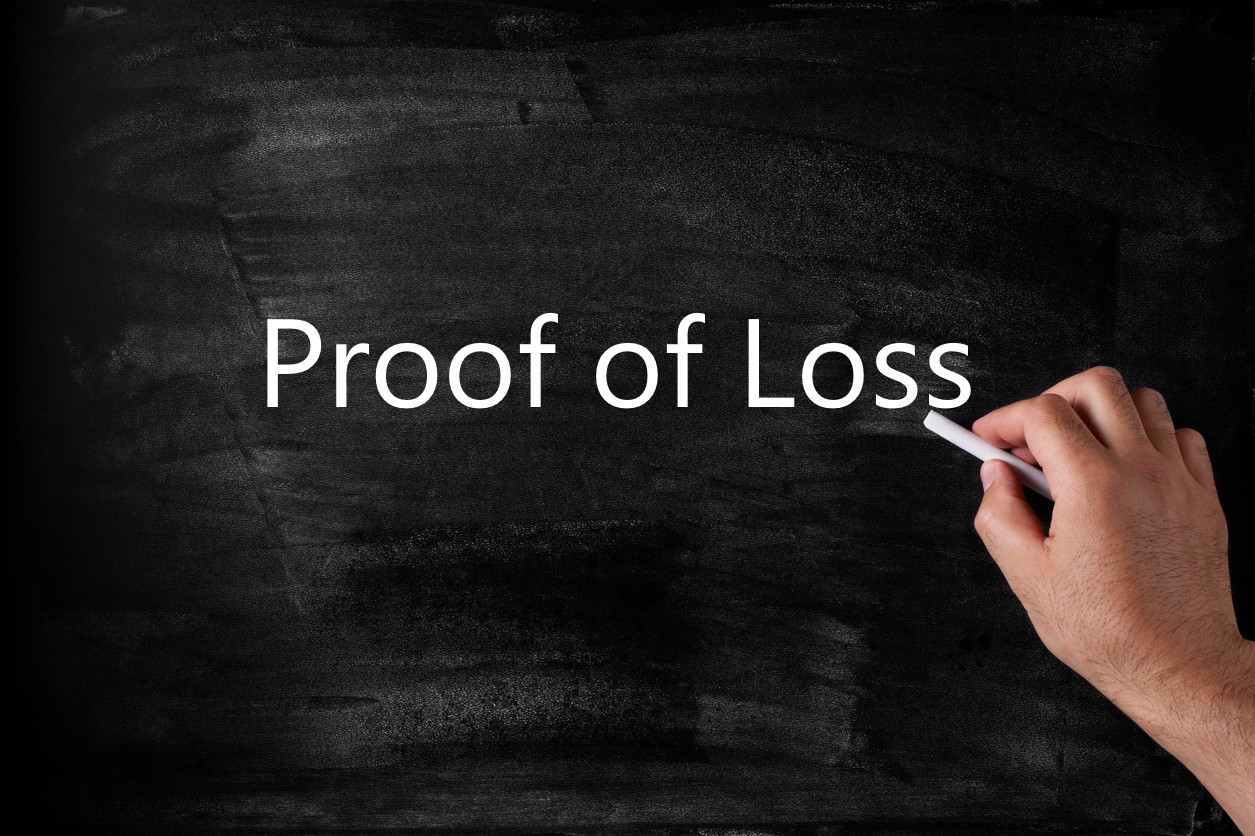Last week, I posted the case of White v. State Farm fire & Casualty Company. In this Michigan case, the appellate court ruled that a public adjuster can be an independent appraiser pursuant to the Michigan Insurance Code.
It is important to understand that the Michigan Insurance Code reviewed by this Court requires appraisers in insurance disputes to be independent. In the White case, State Farm argued Jeff Moss could not act as both the adjuster and the appraiser because he was not “independent” since the policyholders had assigned 10% of the claim to Moss’ public adjusting firm and that agreement was in effect at the time of the appraisal. Accordingly, State Farm alleged the public adjuster had a pecuniary interest in the appraisal outcome, so he was not independent under the Michigan statute.
Since no Michigan court had published an opinion directly on point, the Court looked to Rios v. Tri-State Insurance Company, a decision from Florida’s Third District Court of Appeal.
In Rios, the policyholders suffered damages caused by Hurricane Andrew. They hired East Coast Appraisers, Inc., and filed suit to compel appraisal. The insurance policy allowed for appraisal but required that each party select a “competent, independent appraiser.” Tri-State attempted to dismiss the appraisal suit and argued that because East Coast’s compensation was based on a contingency fee agreement it was not independent. Since the insurance policy did not define the term “independent,” the Court looked to the dictionary for the definition. The 6th edition of Black’s Law Dictionary defined “independent” as “not subject to control, restriction, modification, or limitation from a given outside source.” Although the insurer argued that a contingent fee agreement gives the appraiser a direct financial interest in the award, the Court did not accept this argument. While the Court held that the existence of the contingent fee agreement must be disclosed to the opposing side, it also held an appraiser can be independent, within the meaning of the appraisal clause, while working under a contingent fee agreement.
The Michigan Court also cited another Florida Third District Court of Appeal case, Galvis v. Allstate Insurance Company. In Galvis, the policy required the appraiser to be “disinterested.” The Court held that requirement did not prevent an appraiser from receiving a contingency fee for an appraisal.
While other jurisdictions have criticized contingency fee agreements in certain contexts, this Michigan Court followed Rios. The Court reasoned, the public adjuster is “not subject to control, restriction, modification or limitation” by anyone. The Michigan Court also adopted the requirement that the opposing party be made aware of the contingency fee agreement.
During the discovery phase of this case, counsel for Mr. and Mrs. White, Michael Fabian of Fabian, Sklar & King, was able to extract useful information about the fee compensation given to State Farm’s appraiser, and this information was published in the concurring opinion written by the Honorable Judge Shapiro.
Judge Shapiro authored a separate two page concurring opinion to emphasize “the practical dislocations that would arise from adoption of defendant’s argument.”
Appraisal is a practical mechanism to resolve disputes without the necessity for lawsuits and the appraiser acts as an expert for the party that hires them. While an appraiser brings specialized knowledge to the process, all parties also expect that each appraiser will articulate and generally support his client’s position concerning the claim…
Defendant suggests that payment of an appraiser by contingent fee is corrupting, but payment by hourly fee is not. This is a distinction without a difference. The appraiser appointed by defendant in this case makes his living acting on behalf of insurance companies and it is either naïve or disingenuous to suggest that he will continue to be hired by them if they do not feel that the results he obtains are in their interest. Defendant’s appraiser testified that over the past three years alone, defendant has appointed him as its appraiser on approximately 40 claims and has paid him $114,512.03 in appraiser fees his hourly fees exceeded the policyholders’ appraisers’ fees by 42 percent. To maintain that he does not have a pecuniary interest in seeking a favorable outcome for defendant and the other insurance companies that retain him is absurd. (Emphasis added).
Kudos to Michael Fabian and appellate counsel, Don Fulkerson, for their efforts on behalf of the policyholders.



